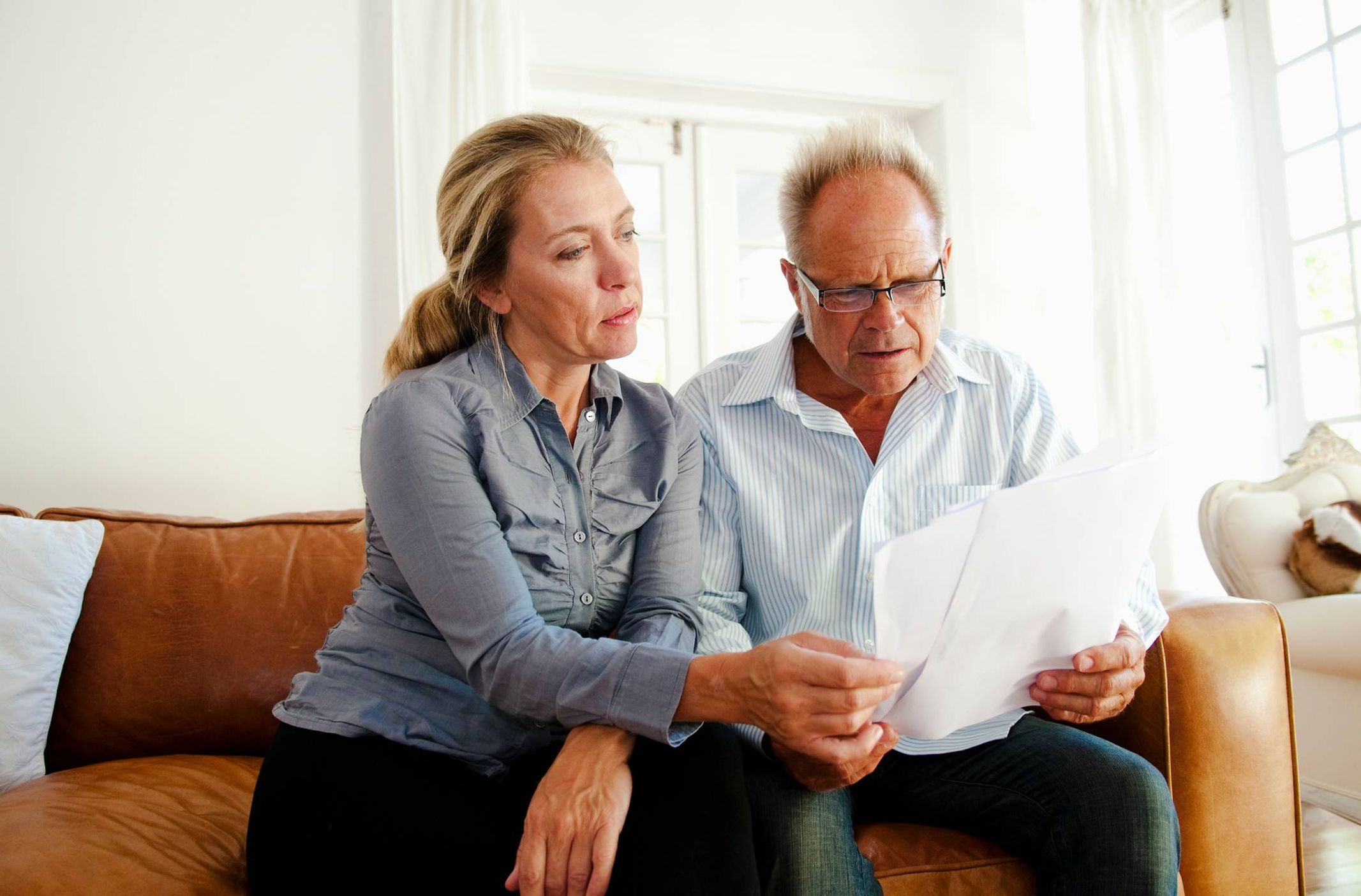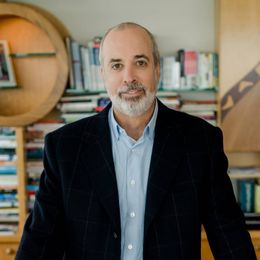COVID-19 & Your Money: What You Need to Know Now
Why it's time to increase your cash reserves

(Editor's note: This content is sponsored by Edelman Financial Engines.)
Massive unemployment means extended periods of unemployment for those losing their jobs.
Since April, more than 52 million Americans have lost their jobs. Tens of millions more are working from home. If you're in either situation, you're spending less on gasoline and auto maintenance than you were before the crisis began. You're probably also not dining out, going to movie theaters, sending clothes to the dry cleaners or traveling as much (or at all).
The reduction or cessation of these activities means you're probably spending less money each month than you were last winter. Add in the threat that you might experience a sustained reduction of income, and you find yourself with an excellent opportunity and need to increase the amount of money you have in cash reserves.
How much should you keep in cash reserves? First, determine how much you spend each month. Consider only the costs you cannot avoid, such as rent/mortgage, utilities (including internet), food, medicine and insurance. (In a crisis everything else — like Netflix, sorry — is tossable.) Your reserves should enable you to pay for these expenses for up to two years.
If you're spending $5,000 a month on essentials, you need 24 months in reserves. That might seem daunting. But if you're no longer spending $300 a month on auto-related expenses (lower fuel bill and no parking fees, for example), you can divert that cash into your savings. Ditto for the money you used to spend on restaurants, travel and dry cleaning. You can probably find easy, newfound ways to save.
You should also consider moving some of the money in your long-term investment portfolio into your cash reserves, if necessary. For help with determining how much you need to set aside in cash reserves, and how to build up that account, talk with a Edelman Financial Engines advisor.
How Much Do You Need to Be Financially Comfortable?
COVID-19 has inspired a change in view for many.
A million bucks. Americans said they needed $934,000, on average, in order to feel financially comfortable, according to last year's Modern Wealth Survey conducted by Schwab.
But that's not how Americans feel now. COVID-19 has caused views to change dramatically: The median answer is now just $655,000, or 30% less than before.
Clearly, sheltering in place has made many of us realize that we were spending money on things that, well, we don't really need to be spending money on. We're getting used to spending less, and that means we don't need as much to feel financially comfortable.
That's great news — because $655,000 is a whole lot easier to achieve than a million dollars!
For sure, COVID-19 has helped us remember that there's more to life than money — or, as my wife, Jean, likes to put it, personal finance is more personal than finance. Indeed, relationships are what matter most, followed by health and then money, the survey found.
As I wrote in my book, Discover the Wealth Within You, all the wealth you could ever really want is already within your grasps. And as I noted there, the secret to happiness may be as simple as setting goals. Whether it's sky diving, hiking on the Adirondack Trail or planting a vegetable garden in your backyard, setting goals is the first step toward happiness.
When you focus on your goals, the journey is as much fun as the achievement. Think about and choose your goals. Pick one or choose several. Think about the ideas, places and people that inspire, motivate and excite you. And if you're like so many Americans who have decided that your view is changing, contact an Edelman Financial Engines advisor to talk about what may be possible for you!
Edelman Financial Engines is committed to always acting in the best interest of our clients. We believe that all American investors – not just the wealthy – deserve access to personalized, comprehensive financial planning and investment advice. Today, we are America's top independent financial planning and investment advisor with 158 planner offices across the country and entrusted by more than 1.2 million clients to manage more than $220 billion in assets.
[1] As of June 30, 2020.


Edelman Financial Engines is committed to always acting in the best interest of our clients. We believe that all American investors – not just the wealthy – deserve access to personalized, comprehensive financial planning and investment advice. Today, we are America's top independent financial planning and investment advisor with 158 planner offices across the country and entrusted by more than 1.2 million clients to manage more than $220 billion in assets1. [1] As of June 30, 2020.

